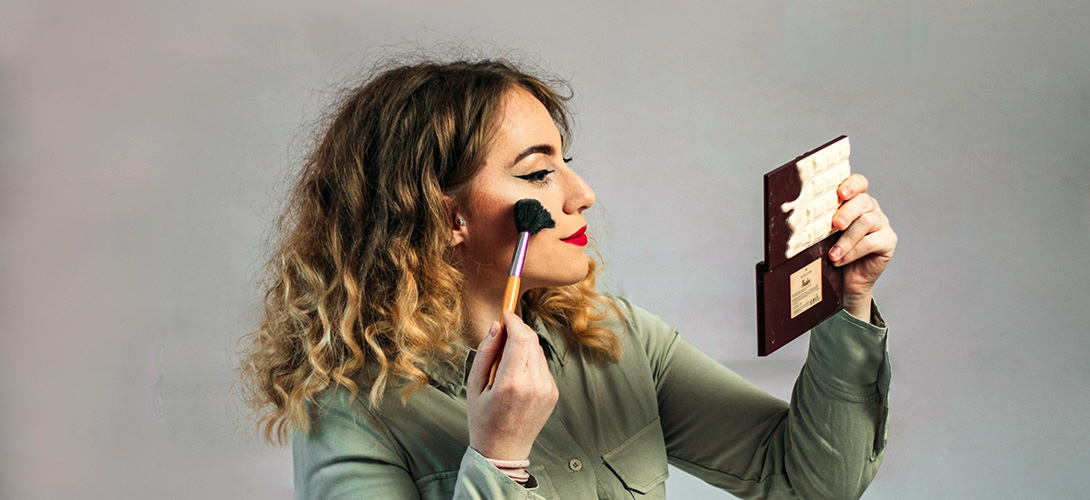
Social media is amazing - it connects us with friends, new ideas, beautiful stories, hilarious memes, creative ways to improve our lives and lots more.
However, as we also know, social media is where we present the best version of ourselves, sharing the highlights of our lives rather than the mundane, boring, frustrating and sometimes upsetting parts of everyday life.
We see influencers and reality TV stars showing off new gadgets, the latest beauty products, visiting far-flung exotic locations or simply living in spacious and immaculate surroundings that make us question why our lives don’t look like that.
We see stunning photos of “perfect” faces and bodies that, over time, we may begin to subconsciously envy and covet, without realising that most of what we’re seeing is the work of clever editing, expert makeup coverage, strategic lighting and camera manipulation.
In short, most of what we see on social media has been edited or filtered in some way and the reality behind the image is very different to what we’re shown.
Unrealistic expectations
It can be especially hard for girls and young women who are bombarded with a specific type of ‘beauty standard’ that influences them to try procedures like lip fillers, cheek implants, breast augmentation, botox, nose job or other cosmetic enhancement in an attempt to feel better about themselves.
And boys are not excluded from feeling the pressure to conform either. There is a huge fitness market online that promotes ‘muscular and strong’ as the most desirable body type for the male population.
This can lead to an obsession with working out, going to the gym four or five times a week, relying on synthetic strength supplements to promote muscle growth and even resorting to drugs in an effort to achieve their ideal body shape.
Follow the myth-busters
It can be hard to distance ourselves from the images we see everyday but the best thing you can do is educate yourself on what photo editing can do.
Filters can be fun and creative but using them to create a fake reality can have a negative impact on our self-esteem. By smoothing skin, making cheekbones more prominent, reducing nose‑size or by making a body appear thinner, we run the risk of lowering our self-esteem and projecting unrealistic body standards on the people who follow and trust us to tell the truth.
Find content creators who show you the truth behind the image and who go out of their way to expose the filter behind the ‘flawless’ finish.
And when you find those people, spread the word to everyone you know!
If you spend an excessive amount of time online feeling depressed about your body image or think you may have body dysmorphia, Childline is here for you 24/7 to talk about anything that’s on your mind.